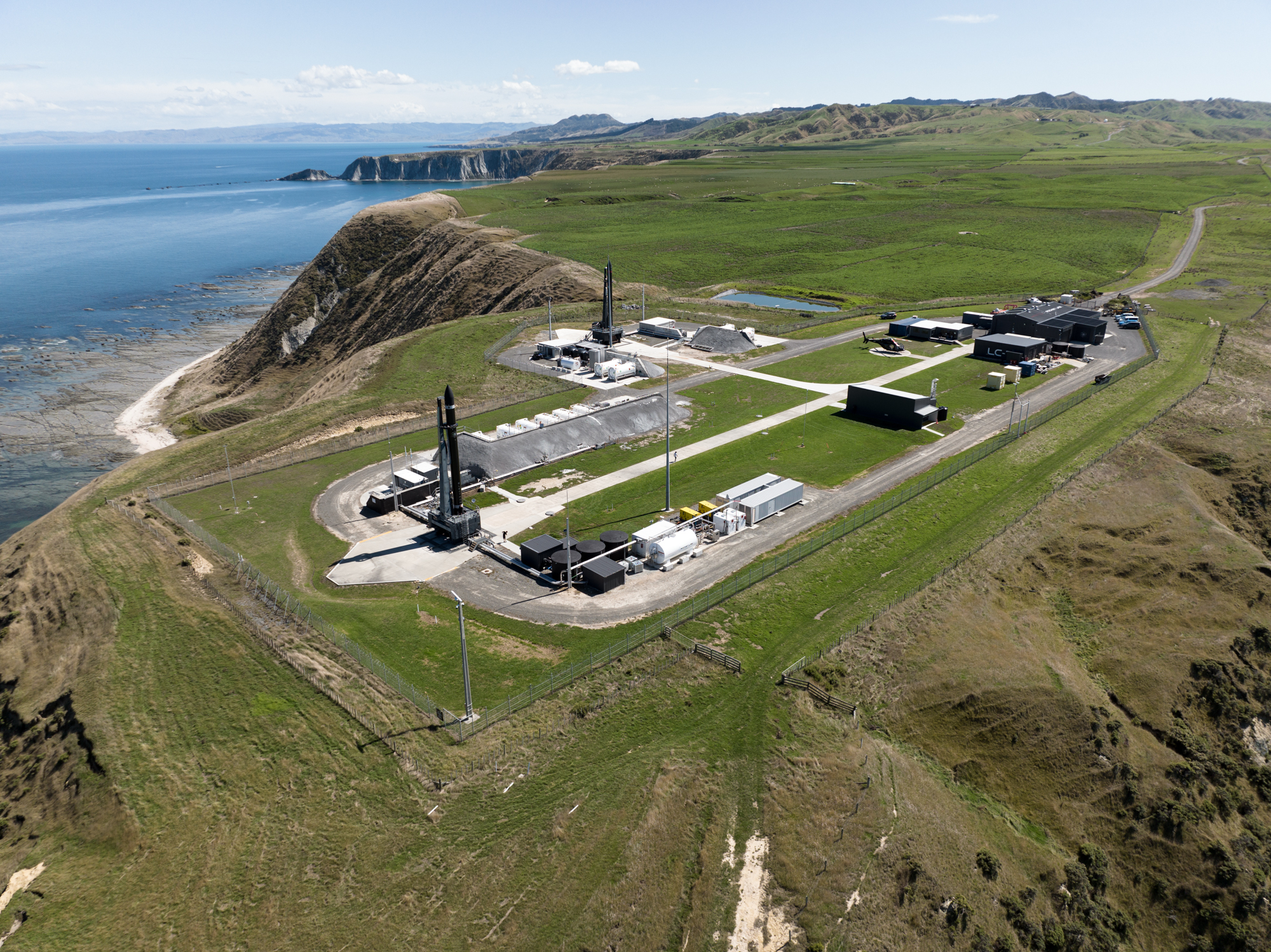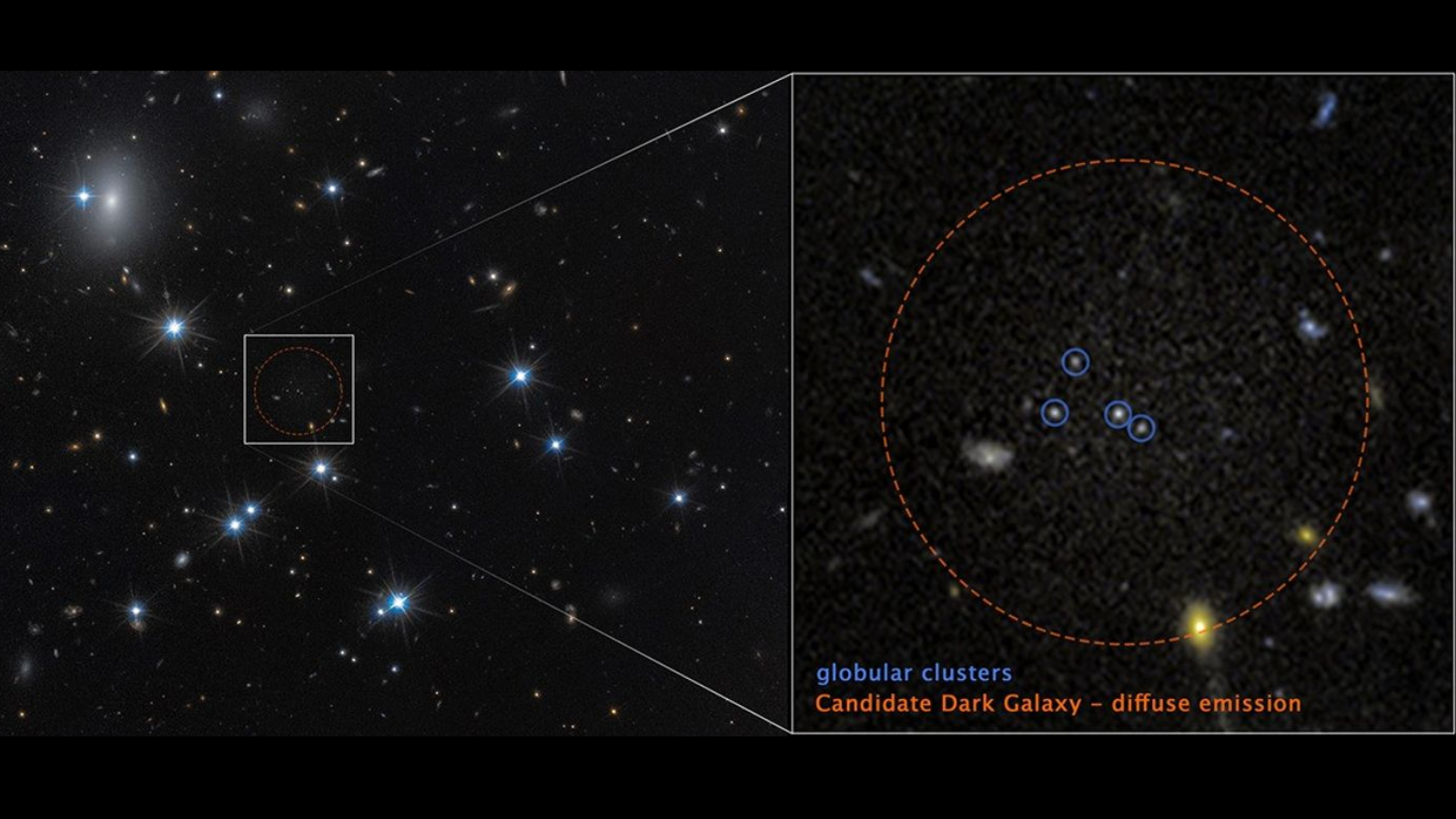Rocket Lab will launch its 1st mission from new pad today. Here's how to watch live
"The Owl's Night Continues" is scheduled to lift off Monday (Feb. 28) at 3:35 p.m. EST (2035 GMT).
Breaking space news, the latest updates on rocket launches, skywatching events and more!
You are now subscribed
Your newsletter sign-up was successful
Want to add more newsletters?

Delivered daily
Daily Newsletter
Breaking space news, the latest updates on rocket launches, skywatching events and more!

Once a month
Watch This Space
Sign up to our monthly entertainment newsletter to keep up with all our coverage of the latest sci-fi and space movies, tv shows, games and books.

Once a week
Night Sky This Week
Discover this week's must-see night sky events, moon phases, and stunning astrophotos. Sign up for our skywatching newsletter and explore the universe with us!

Twice a month
Strange New Words
Space.com's Sci-Fi Reader's Club. Read a sci-fi short story every month and join a virtual community of fellow science fiction fans!
Rocket Lab is ready to launch the first mission from its newly built pad in New Zealand on Monday (Feb. 28), and you can watch the event live.
The window for the mission, dubbed "The Owl's Night Continues," opens at 3:35 p.m. EST (2035 GMT) on Monday. You can watch it live here at Space.com, courtesy of Rocket Lab, or directly via the company.
The mission plan calls for a Rocket Lab Electron launcher to heft a Strix Earth-observation satellite into orbit for the Japanese company Synspective. Rocket Lab will be using the newly completed Pad B at its New Zealand launch complex, which lies on the North Island's Mahia Peninsula.
In a statement, the company said that it has two more launches for Synspective lined up after this one — another one in 2022 and a third in 2023.
Related: Rocket Lab and its Electron booster (photos)
Each mission, Rocket Lab stated, will loft a single Strix satellite to orbit. Strix spacecraft study Earth using synthetic aperture radar (SAR), which can look through clouds to see the surface of the planet during daytime or nighttime passes. Strix craft are meant to detect "millimeter-level changes" to Earth's surface between passes, Rocket Lab said.
The mission name, "The Owl's Night Continues," is a playful reference to Rocket Lab's first launch for Synspective in December 2020 that launched the Strix-α satellite. That 2020 mission was called "The Owl's Night Begins." (Strix is a diverse and widespread genus of owls.)
Breaking space news, the latest updates on rocket launches, skywatching events and more!
The Strix-α mission, Rocket Lab added, was "the first spacecraft in Synspective’s planned constellation of more than 30 SAR satellites, designed to collate data of metropolitan centers on a daily basis to support urban development planning, construction and infrastructure monitoring and disaster response."
The 59-foot-tall (18 meters) Electron gives small satellites dedicated rides to orbit, as opposed to sharing a ride on a larger rocket. Electron has been quite prolific in recent years, and Rocket Lab says Pad B will allow for even more launches in the years to come.
Follow Elizabeth Howell on Twitter @howellspace. Follow us on Twitter @Spacedotcom or Facebook.

Elizabeth Howell (she/her), Ph.D., was a staff writer in the spaceflight channel between 2022 and 2024 specializing in Canadian space news. She was contributing writer for Space.com for 10 years from 2012 to 2024. Elizabeth's reporting includes multiple exclusives with the White House, leading world coverage about a lost-and-found space tomato on the International Space Station, witnessing five human spaceflight launches on two continents, flying parabolic, working inside a spacesuit, and participating in a simulated Mars mission. Her latest book, "Why Am I Taller?" (ECW Press, 2022) is co-written with astronaut Dave Williams.

